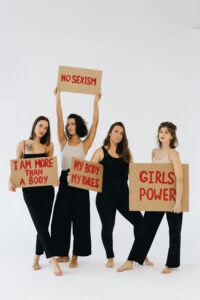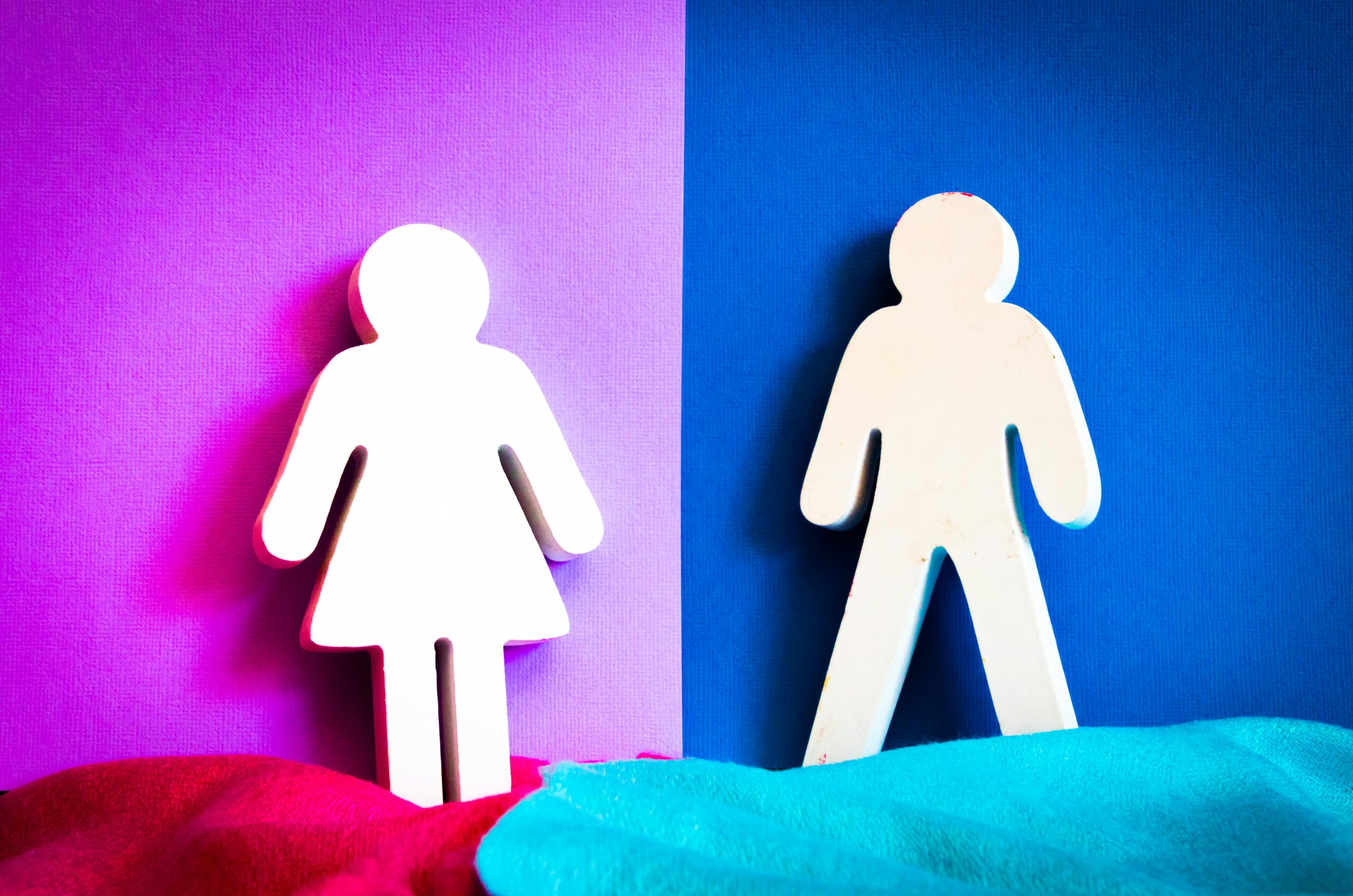 Gender equality is concerned with how societal norms and power structures impact the lives and opportunities of different groups of men and women. Women outnumber men in poverty globally. Women are also less likely than men to receive a basic education and be appointed to a national or international political position, which is why any discussion on gender equality is heavily focused on women and young girls. Understanding how men and women, boys and girls experience poverty differently and confront distinct challenges to accessing services, economic resources, and political changes allows interventions to be more targeted.
Gender equality is concerned with how societal norms and power structures impact the lives and opportunities of different groups of men and women. Women outnumber men in poverty globally. Women are also less likely than men to receive a basic education and be appointed to a national or international political position, which is why any discussion on gender equality is heavily focused on women and young girls. Understanding how men and women, boys and girls experience poverty differently and confront distinct challenges to accessing services, economic resources, and political changes allows interventions to be more targeted.
Equality is viewed as enjoying the same rights, dignity, and privileges as others. These include the right to resources, the dignity of being regarded as capable, and the freedom to make your own life choices on an equitable level with others. Believing that we all deserve such equality is not the same as believing that if we all had more equal opportunities, we would all behave similarly.
Equality within our various societies immediately generates a healthier economy, happier and healthier people, less crime, more productivity and creativity, and overall higher real educational attainment, which immediately catapults the economy to an all-time high because there are more educated people, and ultimately job security for everyone.
We often forget to ask ourselves what we are doing wrong today and find solutions on how to improve the state we are in so that our future selves are not running around asking what we should have done decades ago to change today’s outcome. So, here are quick pointers on the importance of gender equality:
Gender equality is good for the economy.
As a country, we are in desperate need of a stable economy to cauterize the poverty levels we face as a country. There are parts of the country I have travelled to and the locals there are so dependent on the tourists passing by their town to afford basics such as food, water and shelter.
This level of poverty cannot be allowed to continue and we cannot as a country depends on handouts which eventually turn out into debts to feed the people. What gender equality does is gender equality will help to address employment, productivity and issues arising from the ageing of the population.
According to intereconomics If women had more fair possibilities in STEM education and the labour market, the EU’s employment rate would rise. This would result in a 0.5 to 0.8 percentage point rise in EU employment by 2030, and a 2.1 to 3.5 percentage point increase by 2050. More women entering the labour force and/or studying in professions with high future employment prospects, such as STEM industries, are more likely to find work and contribute significantly to the economy.
Our communities are healthier and safer.
Ensuring that all people live healthy lives while simultaneously supporting well-being is a complicated objective with physical and mental components. And, in the case of girls and women, health does not just refer to medical problems.
According to the World Health Organization (1948), it is described as a state of physical, mental, and social well-being, and health is dependent on and affected by a wide range of factors such as diet, economic and work situations, cultural norms, and educational possibilities.
Improve program efficacy and long-term health results. Gender equality must be seen as a human right, implying that every human being has the right to be treated as such. Taking gender, fairness, and human rights into consideration, ensuring that all people live healthy lives while also fostering well-being is a difficult goal with physical and mental components.
As a result, I believe it is our accountability, as well as the obligation of all global development projects, primarily those focused on health as well as gender diversity and equality, to prioritize gender analysis to expose and rectify the disparities that girls and women face.





